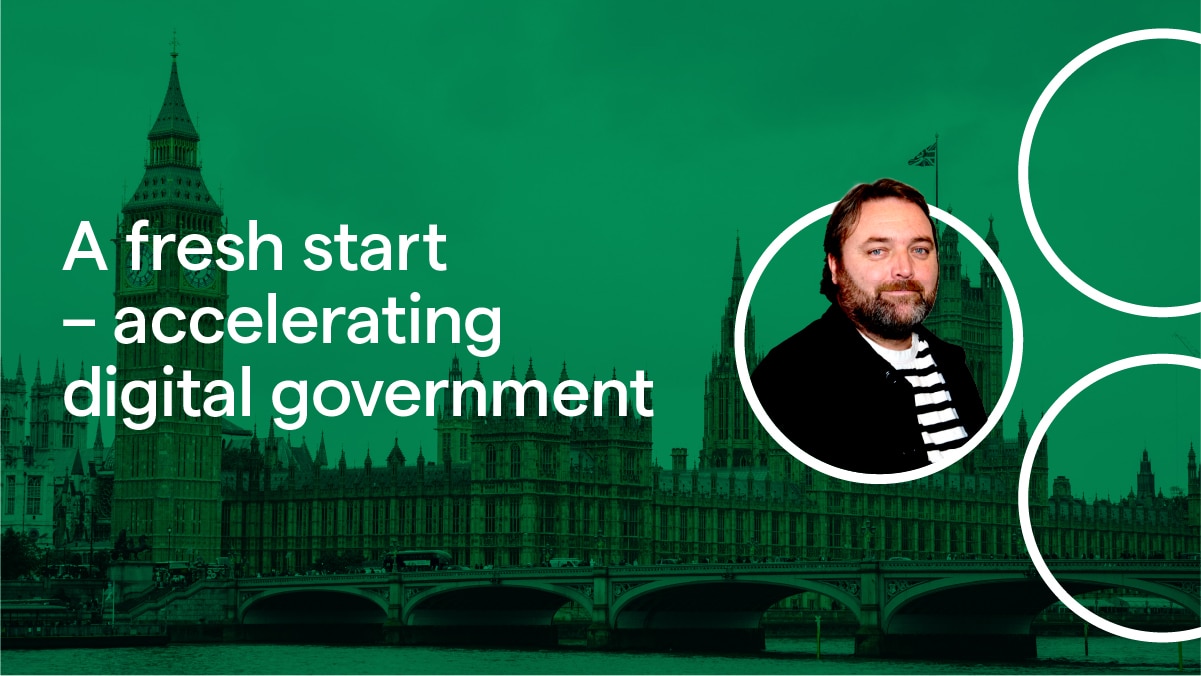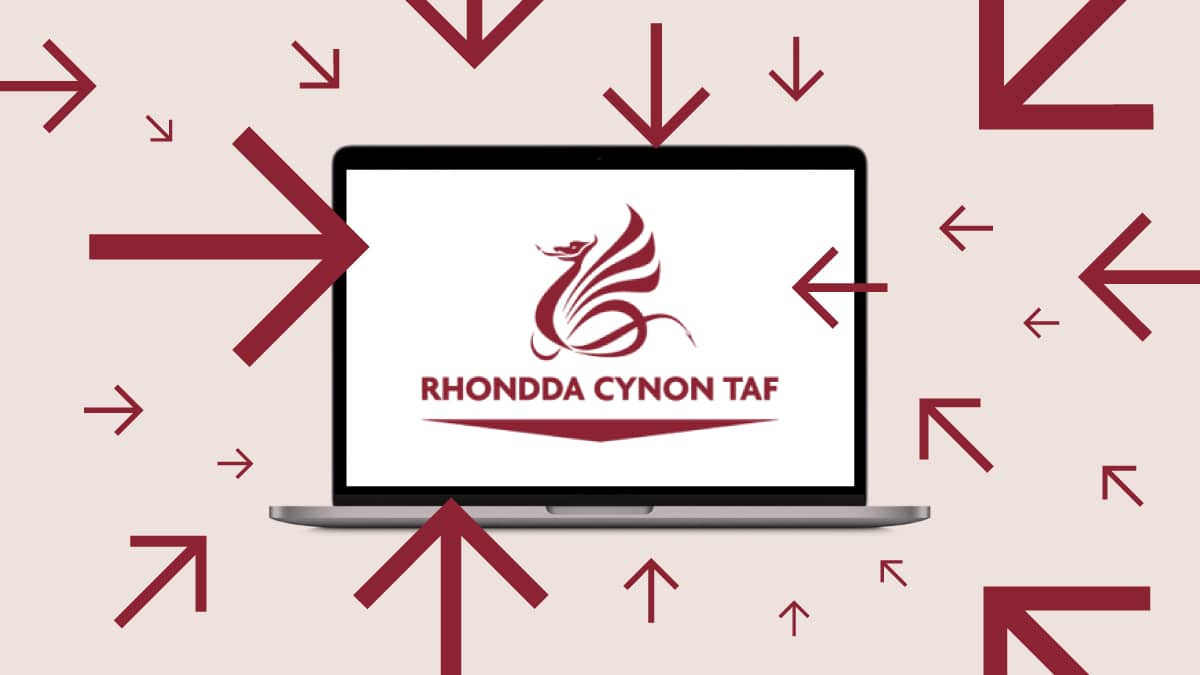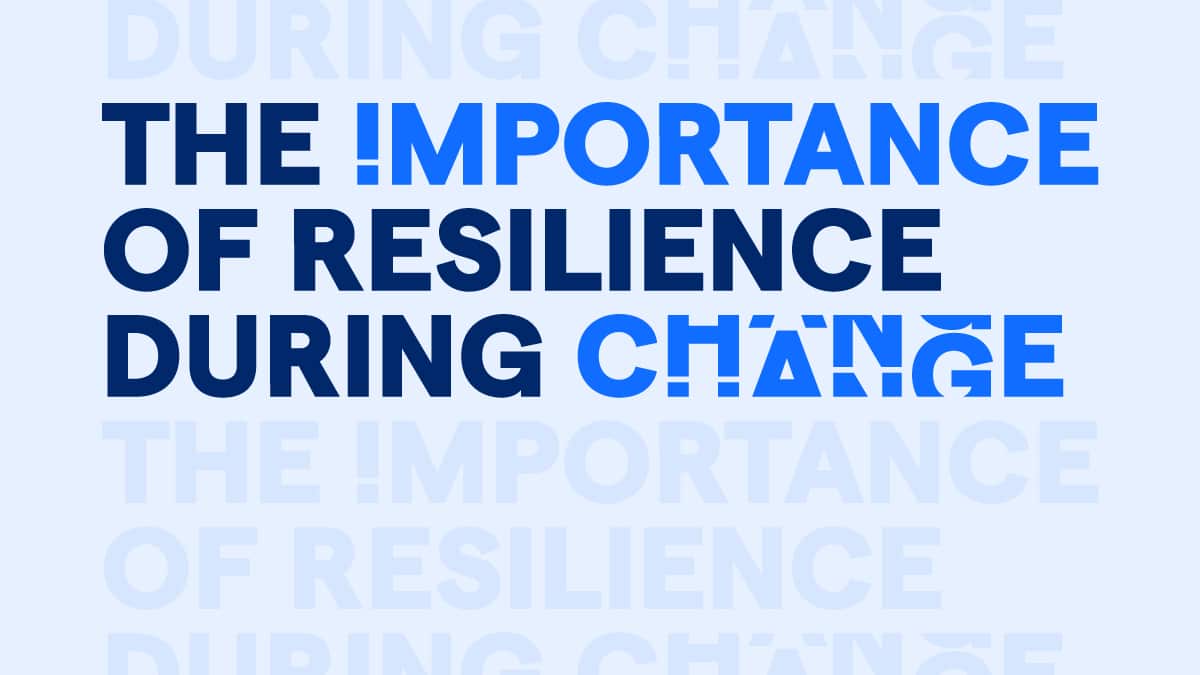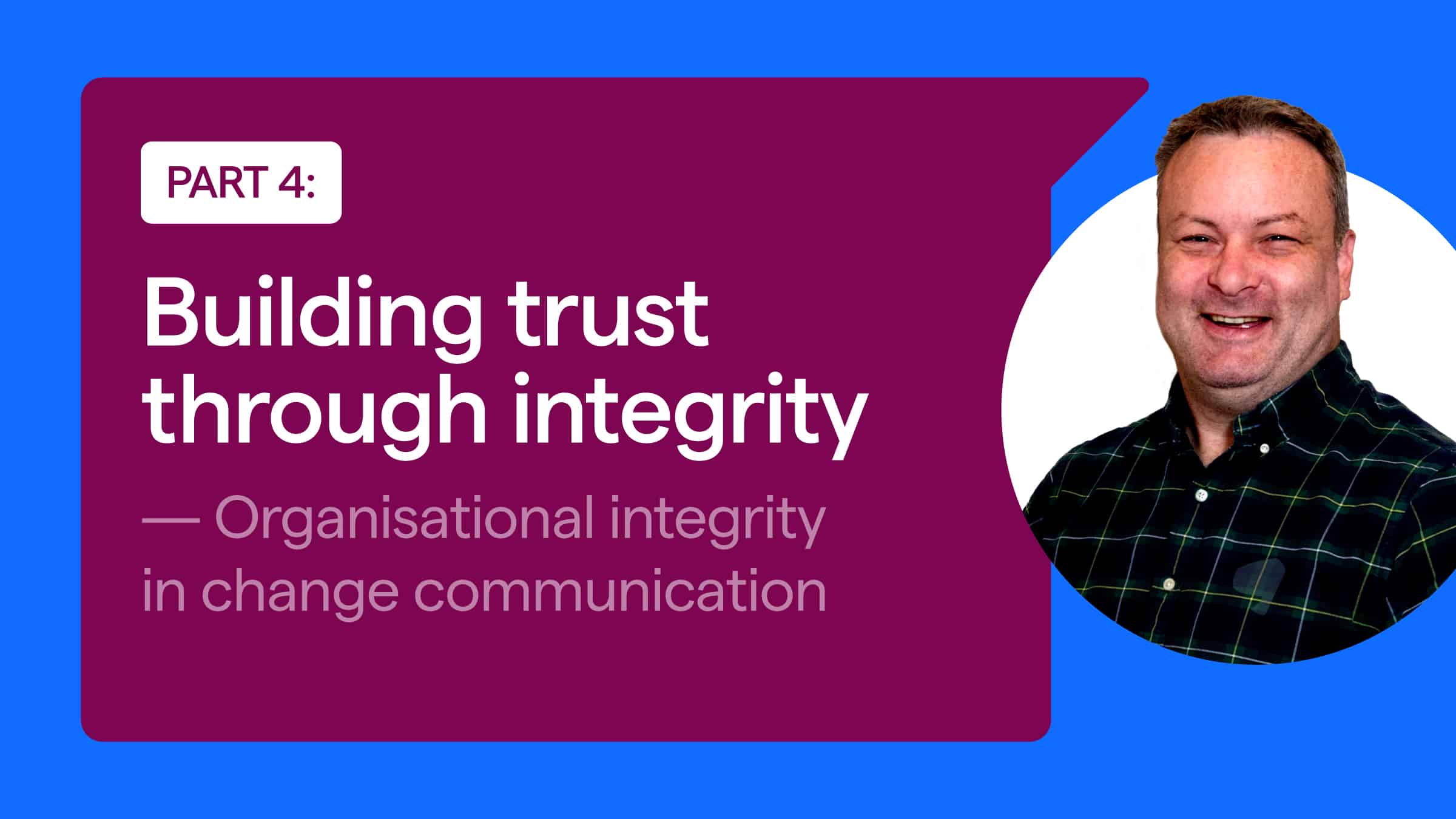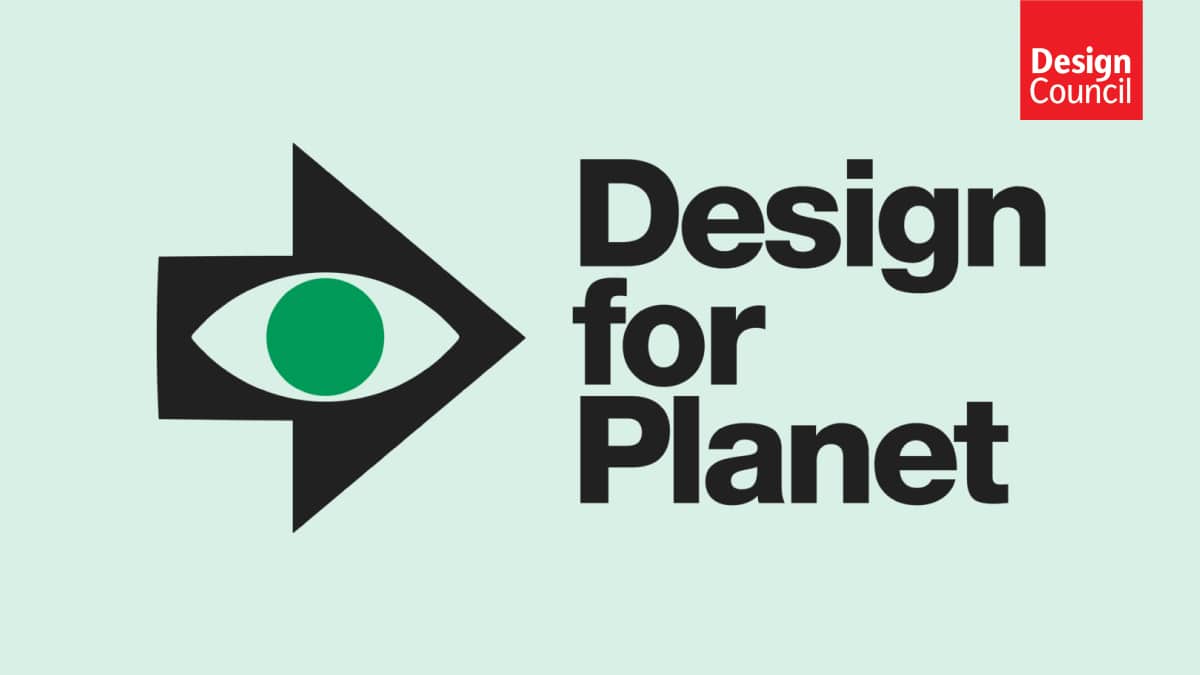Leadership and strategy – repositioning the here, the now and the future
Written by: Perago
There are a number of retrospective pieces around at the minute as we cross our fingers and hope we are exiting the worst of the pandemic that has taken a terrible toll on society and provided a desperate jolt to the system. There are a lot of fantastic ideas for seizing the opportunity to recalibrate how we approach almost everything, our attitude to the most vulnerable in our communities, the world of work and how we balance it with time with loved ones, how we treat our environment and shape it with our approach to transport and how we get food to our tables. There is also an increasing appetite to discuss the relationship between Wales and Westminster that has gathered momentum during lockdown. All against a renewed focus to for us to resist knee-jerk solutions and ensure all decisions consider the well-being of future generations.
When we consider the impact of the pandemic on how citizens consume services, particularly public services, the strange thing is a dramatic rethink isn’t really needed…..we simply need to do more of the things we already knew we should have been doing. I’d wager that in many instances the impact of COVID-19 would have been reduced if we had addressed them when we had the opportunities. I’m talking about a much better view of end to end service delivery, enabling more collaboration between those who provide pieces of the puzzle for users, how we can increase the sharing of more data, safely and securely, be more responsive to peoples changes in circumstances and give users more control over how and when they consume those services. For those that weren’t convinced that users wanted to go on-line, self-serve, or even had the basic skills, there is now plenty of evidence as use has grown for things like setting up direct debits, booking online for waste facilities and GP consultations. The same is true of how organisations deliver the services with working from home become familiar to many for the first time.
The pandemic highlighted the absence of options for citizens and workers, in some cases leaving the most vulnerable with no options at all. The lack of clear principles for sharing data, built on sound ethical debate have left many uncomfortable with ‘emergency’ measures. Some public service providers struggling to give users simple options to pay or report things online when they have been doing it in other areas of their lives for years. I see lots of organisations talking about innovation, robotics, virtual reality, artificial intelligence and machine learning but they still send me a payable order or require a twenty five page document to be filled in containing all the information they already hold about me or keep me on hold for thirty plus minutes then tell me I’ve got to put it in writing. The irony of using Alexa to request a form in the post is usually lost in moments of frustration. On average only approximately 20% of services have available digital options, nowhere near good enough by comparison to commercial services.
There has been a leap forward in many places, a newfound risk appetite, one that is balanced, reasonable and has become much more user focussed. For example, the online GP consultation service promises to herald in revolution in the relationship between GP and patient, without COVID-19 it may have taken a lot longer to establish. Many organisations are dusting off their estates plans and wondering why managers had to have everyone within touching distance when all their worst fears about staff haven’t materialised over the last 3 months. Users have also taken great strides forward, being forced to stay in contact with family and friends online has given many the confidence to use the internet for more transactional things, this does though bring an increased expectation that we must be prepared to meet.
The need to improve the design of services has never been more urgent. The opportunity is wide open to provide users with services that work first time, in a way that they want to consume them, at a time of their choosing, cutting out unnecessary hand-offs and silos and not simply rehashing the paper or phone process onto the internet. The conditions for change are in place, the opportunity is there to demonstrate value and efficiency. Users have shown a willingness to change their behaviours and there is a financial imperative on leaders to make savings as budgets have been decimated by the unforeseen costs of the response to COVID-19. The wrong answer is to cut or restrict services, provide them through cheaper channels, allow self-service and let your people concentrate on adding value to the services that still require face to face interaction. Re-balance your books to invest in providing your users with highest priority services and equip your teams with skills to exploit the opportunities the internet provides.
What is holding us back? We don’t need to engineer disruption, that’s already here. Users expectations have been shifted. The financial imperative looms large. There are enough skilled people around to help build capability. The key factors now are the need to share capability, work across silos and embrace the current risk appetite. We need leaders who can set direction, give permissions and cover for those that want to embrace the opportunities presented. Leaders prepared to challenge the desire of some to slip back into the old comfortable ways of working and self-preservation. Focus on outcomes not simply output, accept that relationships and collaborations are hard and need to be worked at but the benefits far outweigh the ease of transactional relationships or supply and demand interactions purely based on targets.
